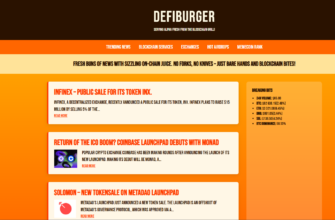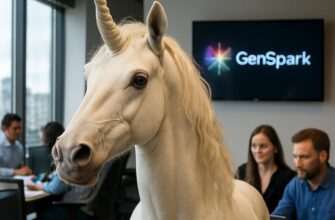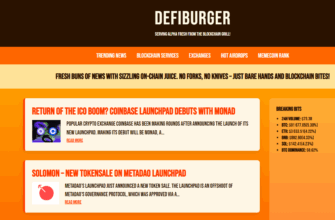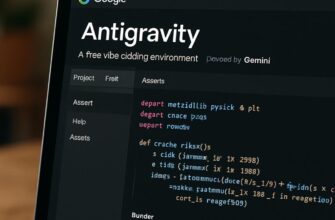When Elon Musk promises to roll out Grokipedia in a couple of weeks, the tech world leans forward. The line between search engines, encyclopedias, and conversational AI has blurred, and a new entrant tied to Musk’s xAI ambitions instantly draws attention.
Whether you treat the announcement as hype, a serious product roadmap item, or something in between, the conversation that follows matters more than the launch date. This piece unpacks what Grokipedia could be, the real challenges it faces, and the ripple effects for knowledge, trust, and the people who create both.
- From Grok to Grokipedia: the background
- What Grokipedia might be — reasonable possibilities
- Why the timing and brand matter
- How Grokipedia could differ from Wikipedia and search engines
- Trust, sources, and the fundamentals of credibility
- Moderation and community governance
- Technical challenges that will shape the rollout
- Searchability, indexing, and discoverability
- Business model and sustainability
- Intellectual property and licensing questions
- Potential impact on established knowledge ecosystems
- Real-world example: how a launch can reshape attention
- Ethics, bias, and political implications
- Possible regulatory scrutiny
- What users should look for on day one
- Quick checklist for evaluating a new knowledge platform
From Grok to Grokipedia: the background

Grok, the conversational AI developed under Musk’s xAI umbrella, positioned itself as a different breed of chatbot — one with a looser tone and, in some cases, a willingness to share opinions. The idea of extending that brand into a knowledge repository fits a pattern: tech companies want not only to answer questions but to own the sources behind those answers.
This context helps explain why the announcement matters. An encyclopedia-style product coming from someone who already influences social media, spaceflight, and automotive markets would be judged for accuracy, governance, and motive, not just technical novelty.
What Grokipedia might be — reasonable possibilities
No confirmed spec sheet exists yet, so it’s useful to talk in possibilities. Grokipedia could range from a curated, Musk-endorsed knowledge base to a crowd-edited wiki augmented by Grok’s AI summaries. It might be a standalone site or a layer inside an AI assistant that cites its sources differently than current models.
If Grokipedia aims to combine AI-generated synopses with human-edited pages, the product would attempt to bridge two worlds: the speed and scale of language models, and the provenance and community oversight of traditional encyclopedias.
Why the timing and brand matter
Timing is strategic. With public interest in AI running hot, launching a knowledge product now maximizes attention and potential user adoption. Musk’s name alone amplifies headlines, invites scrutiny, and fast-tracks debate on content moderation and platform responsibility.
Brand matters because people already have associations with Musk-driven projects: innovation, controversy, and an appetite for disruption. Those associations will shape user expectations and media coverage from day one.
How Grokipedia could differ from Wikipedia and search engines
Wikipedia is a community-built encyclopedia with strict sourcing norms and transparent editing. Search engines index the web and prioritize relevance signals, with snippets and knowledge panels as top-layer summaries. Grokipedia, if it follows the Grok ethos, might present narrative answers rather than lists of links.
That difference—curated narrative vs. link aggregation—has practical consequences. A single authored-sounding answer can be more persuasive than a list of sources, which raises stakes for accuracy and bias mitigation.
| Source | Strengths | Weaknesses | Note |
|---|---|---|---|
| Wikipedia | Community oversight, transparent edit history | Inconsistent coverage, editor conflicts | Established model for collaborative encyclopedias |
| Search engines | Broad coverage, fast updates | Requires user judgment, can prioritize SEO | Good at discovery, not synthesis |
| Grokipedia (proposed) | Potential for synthesized answers, AI assistance | Risk of single-source persuasion, unknown governance | Speculative — design and policy will define impact |
Trust, sources, and the fundamentals of credibility
Trust is earned through transparency and process. Wikipedia shows its work: edit histories, talk pages, and references. For Grokipedia to be credible, it will need similarly visible provenance—where claims came from, which sources were used, and what editorial checks exist.
Absent that, users will face the same problem we already face with AI: a confident-sounding answer that may be wrong. Developers and platform leaders learned this the hard way when early LLM outputs were accepted uncritically. Grokipedia could repeat those mistakes unless it commits to source-level transparency.
Moderation and community governance
One big question is whether Grokipedia will be community-driven in the Wikipedia sense or centrally moderated. Community governance scales and brings diverse perspectives, but it can be slow and contentious. Central moderation can be faster and consistent, but it concentrates power and invites accusations of bias.
Hybrid approaches exist—platforms that combine AI-assisted editing with volunteer reviewers. Those models can work, but they demand clear incentives and guardrails, or else they collapse into either chaotic editing or rigid top-down control.
Technical challenges that will shape the rollout
Building a large-scale, reliable knowledge resource is not just a question of training models. It requires continuous data pipelines, version control for facts, and tools for human editors to correct errors. Latency, hallucination mitigation, and citation matching are technical problems with user-facing consequences.
Operationally, the team behind Grokipedia will need systems to detect misinformation, manage updates to breaking news, and reconcile conflicting sources. Those are familiar problems for newsrooms and encyclopedic projects alike.
Searchability, indexing, and discoverability
How will people find Grokipedia entries? If the product lives inside an assistant, discoverability depends on conversational prompts. If it is a web-based encyclopedia, search engine optimization, sitemaps, and partnerships with browsers or platforms become important. Each path alters user behavior.
Design choices here will influence whether Grokipedia is a primary destination for research or a convenience layer that supplements existing sources.
Business model and sustainability
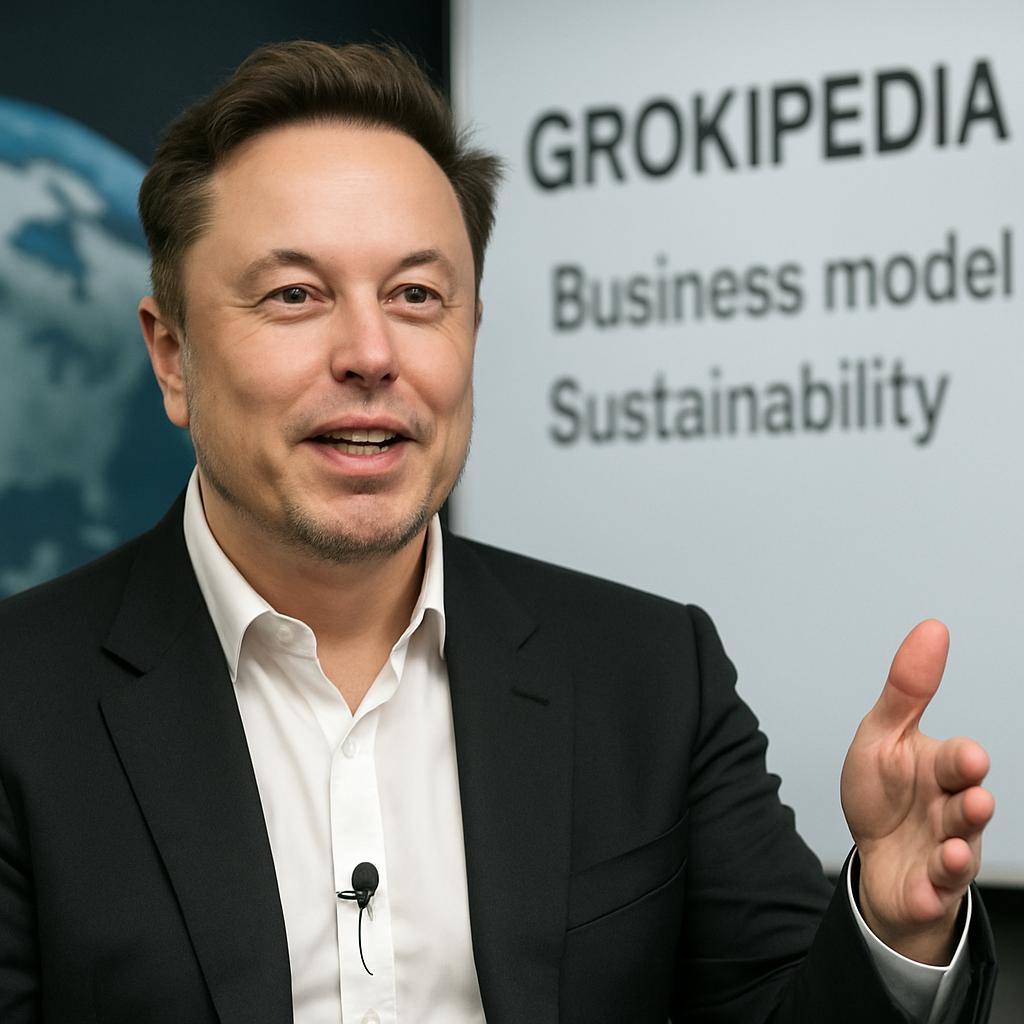
Encyclopedias require resources. Wikipedia survives on donations and volunteer labor; commercial knowledge platforms rely on subscriptions, advertising, or ecosystem advantages. Whoever builds Grokipedia will have to pick a model that aligns incentives with quality control.
Musk has a track record of cross-subsidizing ventures, but long-term sustainability usually demands a clear revenue path. Users and contributors will judge the platform differently depending on whether it is profit-driven or mission-driven.
Intellectual property and licensing questions
Aggregating and synthesizing knowledge touches copyright and licensing issues. If Grokipedia draws from copyrighted sources, it will need clear rules about fair use, attribution, and licensing. These are not merely legal niceties; they impact what content can be included and how it can be presented.
Open-license adoption, like Creative Commons, simplifies reuse but constrains commercial options. The choices made early will shape partnerships and legal exposure.
Potential impact on established knowledge ecosystems
Any influential new knowledge product changes incentives for contributors, researchers, and publishers. A widely trusted Grokipedia could reduce traffic to other resources or, conversely, drive more visitors through referenced links. The net effect depends on how it cites and credits original work.
Academic and journalistic communities typically resist simplified summaries that obscure nuance. If Grokipedia becomes a high-traffic first stop, it could alter how attention and citations flow across the web.
Real-world example: how a launch can reshape attention
When a major aggregator changes its algorithm, traffic patterns to news sites shift overnight. I’ve watched small specialty sites either gain a second life or lose most of their readership after an aggregator adjusted its ranking signals. The same dynamic could happen if Grokipedia becomes a trusted answer layer in search or social platforms.
That means journalists, scholars, and niche content creators should watch for signal changes and adapt how they present and license their work.
Ethics, bias, and political implications
Any curated knowledge base must confront bias. Which voices are amplified? Which narratives are prioritized? Even neutral-seeming editorial decisions—topic selection, headline phrasing, and the framing of historical events—carry political weight.
Musk’s projects have been polarizing, and Grokipedia will not be judged purely on technical merit. Users will scrutinize editorial lines, perceived slants, and the processes used to resolve disputes.
Possible regulatory scrutiny
Governments are increasingly interested in how large platforms moderate content and influence public discourse. A high-profile knowledge product could attract regulators asking about transparency, liability, and data practices. Compliance will be part of the cost of operation.
Proactive transparency and open audit mechanisms can reduce friction, but they require deliberate policy design and a willingness to expose the product to third-party review.
What users should look for on day one
When Grokipedia launches, watch for a few telltale signs of seriousness: clear sourcing for claims, an honest error-correction mechanism, and well-documented editorial policies. Those practical features tell you whether a platform values truth or simply wants to be persuasive.
Also pay attention to community involvement. Is there a visible contributor base? Are corrections handled in a predictable way? Those signals will help users decide how much to rely on the new resource.
Quick checklist for evaluating a new knowledge platform
- Source transparency: Are claims traceable to primary sources?
- Correction process: Is it easy to report and fix errors?
- Editorial policy: Are rules and conflicts of interest public?
- Contributor incentives: Who edits and why?
- Licensing and reuse: Can content be cited or republished?
Elon Musk promises to roll out Grokipedia in a couple of weeks, and that announcement will spark immediate scrutiny across these dimensions. Watching how the product addresses them will reveal whether it is a genuine addition to public knowledge or another fast-moving experiment in persuasion.
I’ve relied on community-edited resources and AI assistants for research, and the difference between a trustworthy citation trail and a confident hallucination is dramatic. Users deserve platforms that make that trail visible.
Whether Grokipedia becomes a durable source of knowledge or a transient headline depends less on launch theatrics and more on the daily grind: editing, citing, correcting, and listening to users. If those systems are solid, the product might earn a place in researchers’ toolkits; if not, it will join the long list of promising but fragile launches.
If you want more analysis and coverage as this story unfolds, visit https://news-ads.com/ and read other materials on our site to stay informed about developments and deeper reporting.
